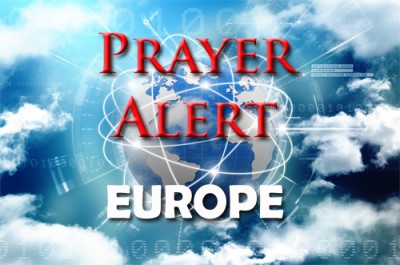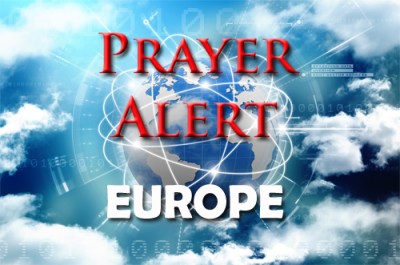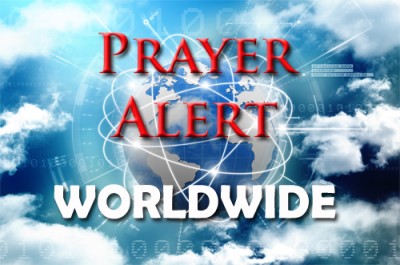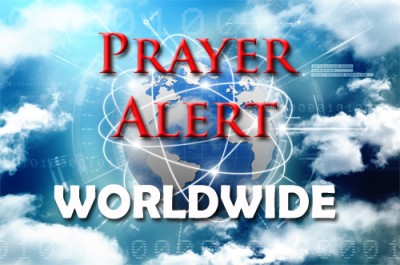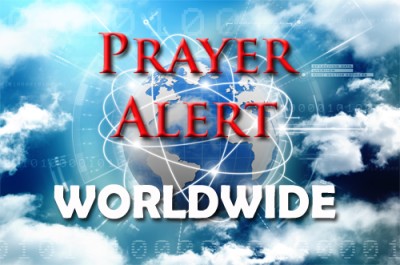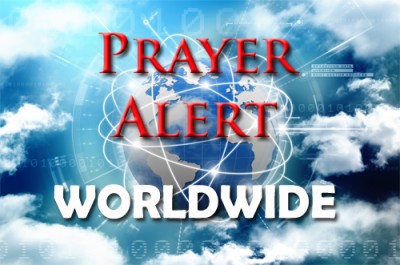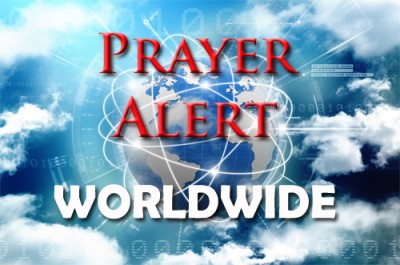On 1 September, In what authorities suspect was Russian interference, Ursula von der Leyen’s plane was subjected to GPS jamming while landing in Bulgaria,. The flight, which landed safely using paper maps, highlighted the persistent threat of disrupting aviation traffic electronically. Russia has long been accused of such tactics, particularly in the Baltic and Scandinavian regions, though the Kremlin has denied involvement. The incident occurred during von der Leyen’s tour of eastern EU states, aimed at reinforcing solidarity with Ukraine amid ongoing Russian aggression. She said that the EU must keep up their sense of urgency, adding: ‘Putin has not changed, and he will not change. He can only be kept in check through strong deterrence.’ The event also served as a reminder of the risks faced by European leaders when showing visible support for Ukraine’s sovereignty and freedom.
Ukraine: Estonia, Lithuania, Latvia all willing to contribute troops for security guarantees
04 Sep 2025Estonia’s president, Alar Karis, has said it is prepared to contribute troops to an international reassurance force that the ‘Coalition of the Willing’ plans to send to Ukraine as a post-ceasefire security guarantee. He said Estonia is not overly concerned that this would weaken NATO’s eastern flank, though discussions with alliance leaders continue. Lithuania and Latvia are also willing to participate, but Poland has declined, citing the need to protect its own borders. The reassurance force would be deployed only in non-contact areas within Ukraine. NATO secretary-general Mark Rutte noted that while NATO itself will not formally participate, the alliance is quietly discussing how to ensure resources are not overstretched. About 80,000 US troops are currently in Europe, but there could be a reduction in numbers as Washington’s foreign policy pivots towards the Indo-Pacific. The 'Coalition of the Willing' will meet again on 4 September; the security guarantees it will aim to provide for Ukraine following a truce are almost ready, but confirmation of US support is now needed.
A tragic derailment of Lisbon’s historic Glória funicular railway has left 16 dead and 21 injured, after a carriage broke free and crashed into a hotel. The popular railway, dating back to 1885 and carrying around three million passengers annually, has been at the center of debate about overtourism. Residents say it has shifted from serving locals to functioning primarily as a tourist attraction, placing heavy strain on the system. Investigators believe a snapped haulage cable caused the accident, though union leaders had previously raised concerns about braking difficulties. Maintenance protocols were reportedly in place, but questions are mounting as the outsourced maintenance contract had expired just days before the crash. The incident prompted national mourning, suspension of other funiculars in the city, and renewed scrutiny over balancing heritage preservation, safety, and the pressures of mass tourism in Portugal’s capital.
A powerful 6.0 magnitude earthquake has devastated Afghanistan’s eastern Nangarhar and Kunar provinces, killing 1,400 and injuring at least 3,000. Striking late at night near Jalalabad, the quake was felt as far away as Kabul and neighbouring Pakistan. Entire villages collapsed under the force, with fragile mud and timber homes burying families beneath rubble. Rescue efforts have been severely hampered by landslides, blocked roads, and the region’s mountainous terrain, leaving many unreachable for hours. Helicopters are being used to transport survivors, while international aid organisations and neighbouring countries have offered assistance. The timing of the disaster compounds Afghanistan’s hardships, already strained by recent flash floods, ongoing humanitarian needs, and a collapsed healthcare system under Taliban rule. Hospitals near the epicentre, especially in Jalalabad, are overwhelmed. With infrastructure destroyed and communications cut, the death toll is expected to rise further. Rebuilding will take years.
Haiti: kidnapped missionary is freed
04 Sep 2025Irish lay missionary Gena Heraty, who has served in Haiti for three decades, has been freed after nearly a month of captivity. She and several others, including a three-year-old child with a disability, were kidnapped during an armed gang attack on an orphanage outside Port-au-Prince. The NGO with which Heraty works, expressed profound gratitude for the release, saying the hostages are safe, receiving medical and psychological care, and reunited with their families. Heraty’s family issued a heartfelt statement thanking everyone, locally and internationally, who helped secure her freedom, and they requested privacy as she recovers. The case underscores Haiti’s worsening security crisis, with gangs now controlling an estimated 85% of the capital. Kidnappings remain rampant, with the UN reporting nearly 350 abductions in just the first half of 2025.
Beijing has hosted a grand military parade marking eighty years since the end of WW2, with Xi Jinping standing alongside Vladimir Putin and Kim Jong Un in a rare joint appearance. Xi framed the event as a moment for nations to choose between ‘peace and war’, as China unveiled an extensive array of modern weaponry, including huge nuclear-capable underwater drones, and futuristic defence systems. With more than 50,000 chosen spectators present, the spectacle highlighted China’s military ambitions and global positioning. The gathering drew leaders from Iran, Pakistan, Vietnam, Zimbabwe, and others, though most Western leaders declined invitations. Xi emphasized unity and prosperity in his toast, urging nations to reject ‘the law of the jungle’. After the parade, at bilateral talks, Putin praised Pyongyang for contributing troops to fight in Ukraine; it is estimated that there are now 15,000 North Korean troops there.
Donald Trump has announced plans to deploy National Guard troops to Chicago, describing the city as a ‘hellhole’ plagued by violent crime. He hinted Baltimore could be next, insisting his actions are not politically motivated despite targeting Democratic-led cities. Illinois governor JB Pritzker and Chicago’s mayor strongly opposed the move; Pritzker called it an ‘invasion’, stating that murders have fallen nearly 50 percent in four years. There have already been protests in Chicago expressing opposition, as residents fear further unrest. The announcement follows Trump’s controversial use of troops in Washington and Los Angeles, where a federal judge has recently ruled he overstepped legal boundaries. The judge said that Trump appears intent on ‘creating a national police force with the President as its chief’. He has barred National Guard troops or marines from performing police functions: however, this will come into effect only on 12 September, potentially leaving an opening for the conservative-dominated supreme court to rule on the case.
Catastrophic flooding has displaced nearly half a million people in Pakistan’s Punjab province after days of torrential monsoon rain swelled three major rivers. More than 2,300 villages have been inundated, affecting over 1.5 million residents, including parts of Lahore. In what authorities describe as the largest rescue effort in Punjab’s history, 481,000 people and 405,000 livestock have been evacuated using more than 800 boats and 1,300 rescue personnel. Over five hundred relief camps have been established to provide shelter and care for displaced families. The floods have killed at least thirty people, adding to the hundreds of lives lost during this year’s unusually heavy monsoon season. But with the rains continuing, authorities have warned that the crisis is far from over.

